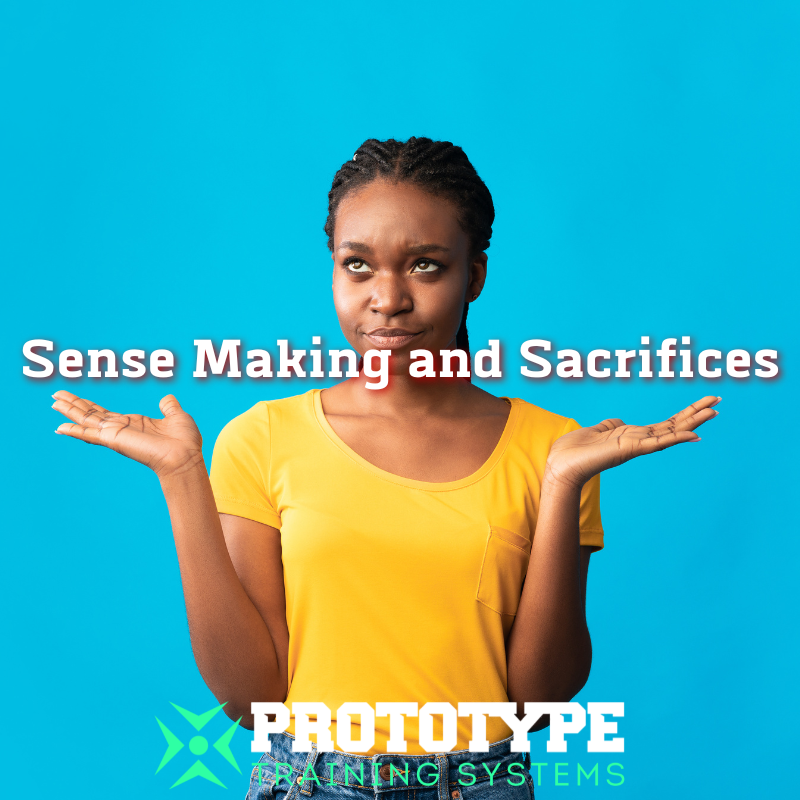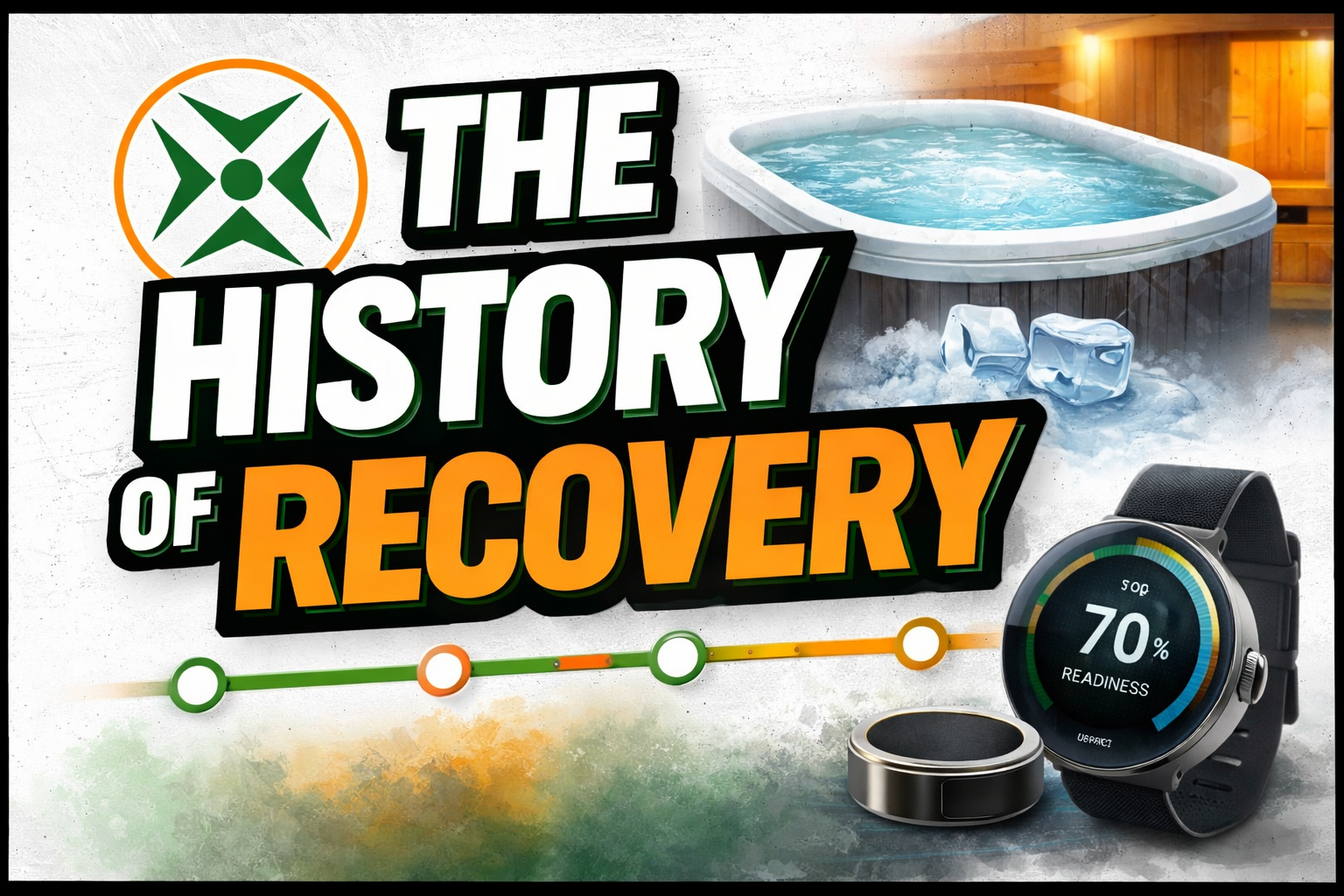Sense Making and Sacrifices

We often make reactive decisions when emotional. Sense-making is an important part of that process, best done with someone else (a training partner or team). The cost can be not only our mental health but physical health as well.
In life, sacrifices/trade offs are necessary.
I’ll be having a baby soon, and I’m aware that I will have to make some difficult decisions and make certain trade-offs as my lifestyle will be changing.
But when life happens, especially suddenly, I’ve found that we tend to get very reactive. I’ve noticed this in myself but in a lot of the folks that I coach.
Reacting out of emotion can create trade offs that we make aren’t always thought through.
What I’ve found is that the cost of the making those trade off’s are usually related to the “better me” side of things.
In particular, our fitness.
Our gym membership tends to be a “splurge” and something that is the first thing to go when shit hits the fan. So, when life happens, the first thing we think of is to stop doing the one thing that may feel like a splurge, but is it really?
Now, this isn’t a blog post to convince you not to cancel your gym membership when you’re in a financial pinch, rather, it’s the process in which we go about our decision-making that isn’t always fully fleshed out.
When it comes to decision-making and even prior to that, sense-making , it’s best done with someone else because we all have blind spots. Where this goes wrong is when we have already made up our minds, then ask someone for their opinion. Is yours really going to change?
I was just having a conversation with someone last week about this… they were about to make a very reactive decision to something before thinking through it. We talked about it and I challenged them a bit… what’s reason to make this decision right this second? Is it necessary? Why not wait until you can dial down your emotional reaction first? Are you sure what you’re feeling is true?
The point is, we tend to do things based on how we are currently feeling, doing things when we are on an emotional “tilt” but that’s not quite right.
Making sense out of a situation with someone that you feel will challenge you on your thinking (not just someone who agrees with everything you say : ) ) can help you make better decisions in the long run.
So if you’re not quite feeling like yourself and you’re in a position where you need to make some difficult decisions, I would argue it will be harder to make the right call, but even more, see what the right call even looks like.
The post Sense Making and Sacrifices appeared first on Prototype Training Systems.
Previous Blogs


Climb to New Heights
Prototype Training Systems is more than a gym - it is a lifestyle. Join us today!


